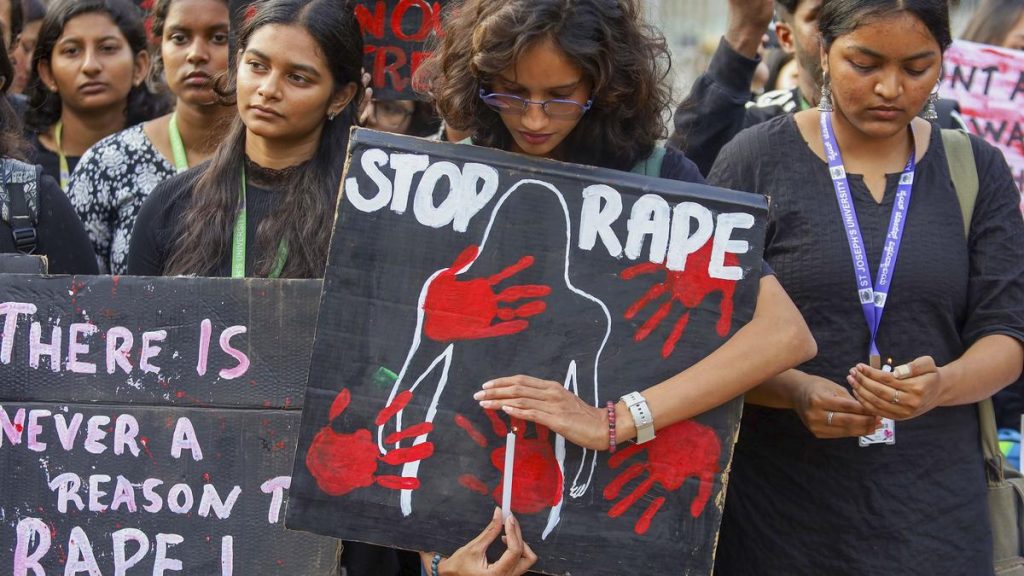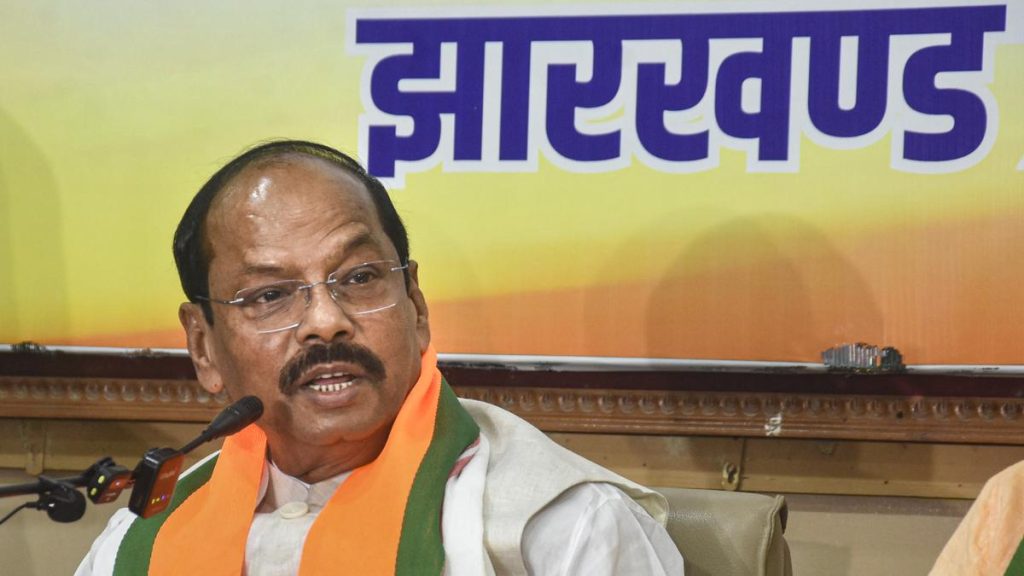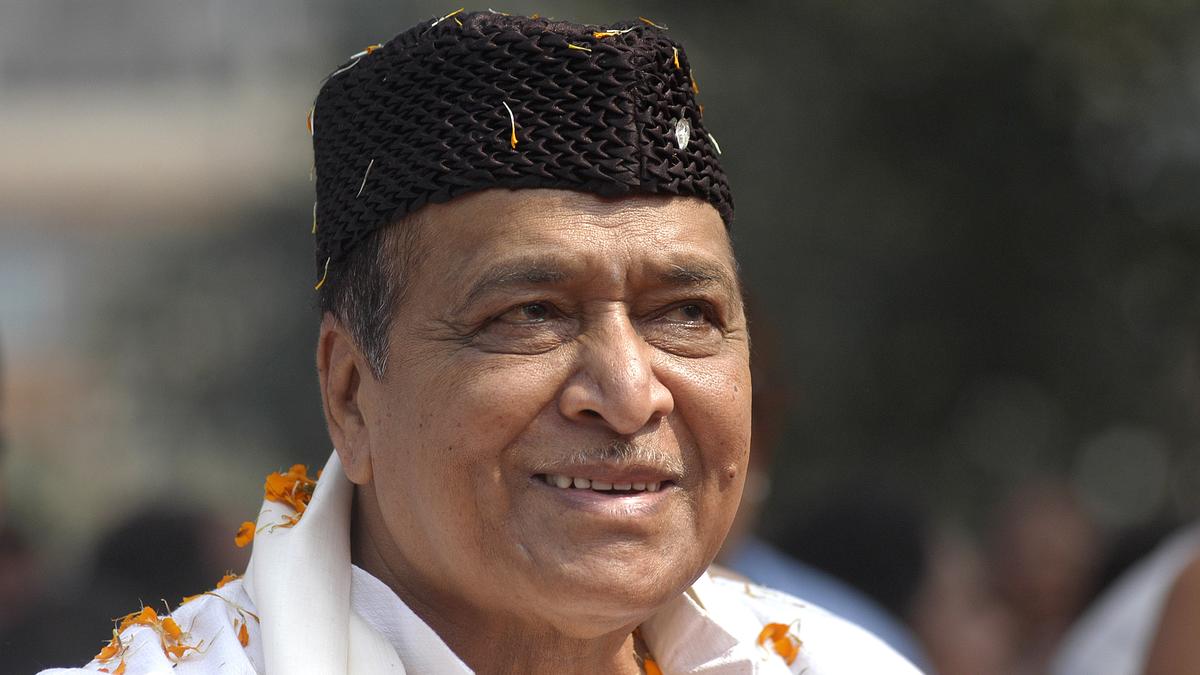Now Reading: Jharkhand: Month-Old Baby Sold for ₹50,000 Rescued by Authorities
-
01
Jharkhand: Month-Old Baby Sold for ₹50,000 Rescued by Authorities
Jharkhand: Month-Old Baby Sold for ₹50,000 Rescued by Authorities

Speedy Summary
- A one-month-old baby boy was allegedly sold for ₹50,000 by his parents in Lesliganj, Palamu district of Jharkhand due to extreme poverty.
- the boy was rescued on September 7, 2025, by the Jharkhand Police after chief Minister Hemant Soren directed officials to intervene urgently.
- The parents cited lack of money for food and medical treatment as the reason for selling their baby. The father, Ramchandra Ram, is a daily wage laborer who has been unemployed due to incessant rain.
- The family lacks government identification such as Aadhaar cards or ration cards and does not receive welfare benefits.They live under a dilapidated shed with their other four children after rainfall damaged their hut.
- After authorities intervened, Palamu district administration provided 20 kg of foodgrain to the family and pledged to enroll them in welfare schemes.
- A police team traced the baby in Latehar district where he had been taken by a tout couple following payment completion. He was successfully rescued on Sunday.
- Deputy Development Commissioner Javed Hussain confirmed efforts were made to reunite the child with his parents after learning about the case from media reports.
Indian Opinion Analysis
This incident highlights severe socioeconomic vulnerabilities faced by marginalized families in india despite existing government welfare schemes. While proactive measures taken by jharkhand’s administration ensured swift rescue and food aid for this affected family, systemic failures such as lack of identification documents have left them excluded from crucial safety nets like ration programs or healthcare services.
The larger challenge lies not just in addressing immediate crises but ensuring lasting solutions that prevent familial desperation leading to drastic steps like child trafficking. This includes strengthening employment opportunities for rural workers adversely affected by unpredictable climatic conditions like heavy rains alongside better outreach for welfare entitlements.
The rescue serves as a reminder that awareness-building mechanisms within communities can empower citizens struggling silently with poverty; ongoing governmental attempts must focus equally on bridging gaps between designed policies and practical access at local levels.Read more: The Hindu

























